Dogs spend a lot of time sleeping. We may wonder why they nap so much. It’s normal for a dog to sleep around half the day. Although humans are busy, a dog’s body tells them to rest. They sleep more than we do. In this article we will explore all the reasons why do dogs sleep so much!

HOW DO DOGS SLEEP AND HOW THEY WAKE UP?
It’s a common observation that a dog spends about 50% of their day sleeping. Maybe people because are busy can’t sleep as much or be aware of it, dogs sleep a lot because their bodies are telling them to do so.
Dogs love taking long naps
Like humans, dogs have a sleep-wake cycle called circadian rhythm. This rhythm controls when they sleep and stay awake. But dogs’ sleep patterns differ from ours.
In the wild, dog ancestors hunted for food. They stayed alert during hunting times. Pet dogs still have this hunting nature. They are most active in early morning and evening. So dogs tend to nap more during the day. At sunset, they become energetic.
Why Sleep Matters for Dogs?
Sleep is vital for a dog’s overall health. It helps their body and mind grow properly. Good sleep also keeps a dog’s immune system strong. Continue reading the article to find out the key reasons why do dogs need a plenty of sleep.
Dogs Rest, Recover, and Process Thoughts
Sleep allows a dog’s body to repair itself. Their mind also processes experiences during sleep. Proper rest helps dogs stay healthy and learn. Dogs need sleep to rest and recharge. Their bodies work hard, running, playing, and exploring all day.
Sleep lets their muscles heal and stay strong. Sleep is vital for dogs’ mental abilities. When asleep, dogs remember and process what they learned. This helps them better understand and adapt.
Hormone Balance and Energy Saving in Dogs
Sleep plays a key role in balancing hormones in dogs. Hormones control growth, metabolism, and the immune system. Enough sleep keeps hormones balanced for good health. Dogs have bursts of energetic playtime. But they need to conserve that energy. Sleep lets dogs recharge and prepare for more adventures.
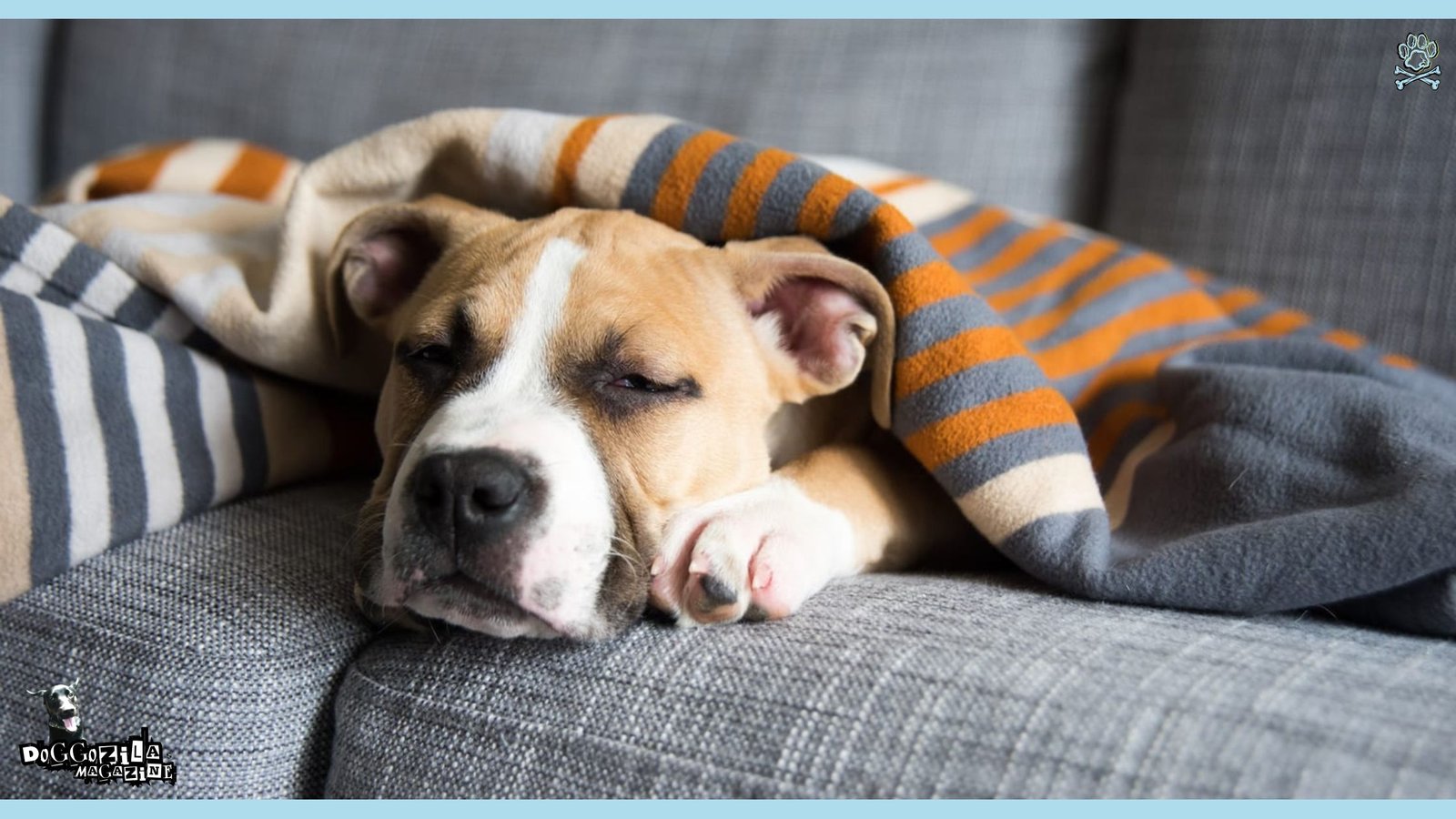
FACTORS IMPACTING DOGS’ SLEEP HABITS
While dogs sleep a lot naturally, some factors affect their sleep patterns. Understanding these factors helps to ensure your dog gets enough sleep. Find out why they need enough sleep in the following sections.
Dog Age and Breed
Very young puppies and older dogs tend to sleep more than adults. Puppies need extra sleep for rapid growth. Senior dogs may sleep more due to age-related changes. Different dog breeds have different sleep requirements.
Some breeds, such as the Basset Hound or the Saint Bernard, are known for their love of sleep and can easily spend up to 16 hours a day snoozing. On the other hand, more active breeds, like Border Collies or Australian Shepherds, may require less sleep.
Dog Health and Environment
Health issues can affect a dog’s sleep patterns. Pain, discomfort, or underlying medical conditions may cause dogs to have trouble falling asleep or staying asleep. If you notice any changes in your dog’s sleep patterns, it’s essential to consult a veterinarian to rule out any health concerns.
The environment in which a dog sleeps can also impact their sleep quality and duration. Factors such as temperature, noise levels, and the comfort of their sleeping area can affect how well a dog sleeps. Providing a quiet, comfortable, and safe sleeping space can help promote better sleep for your furry friend.
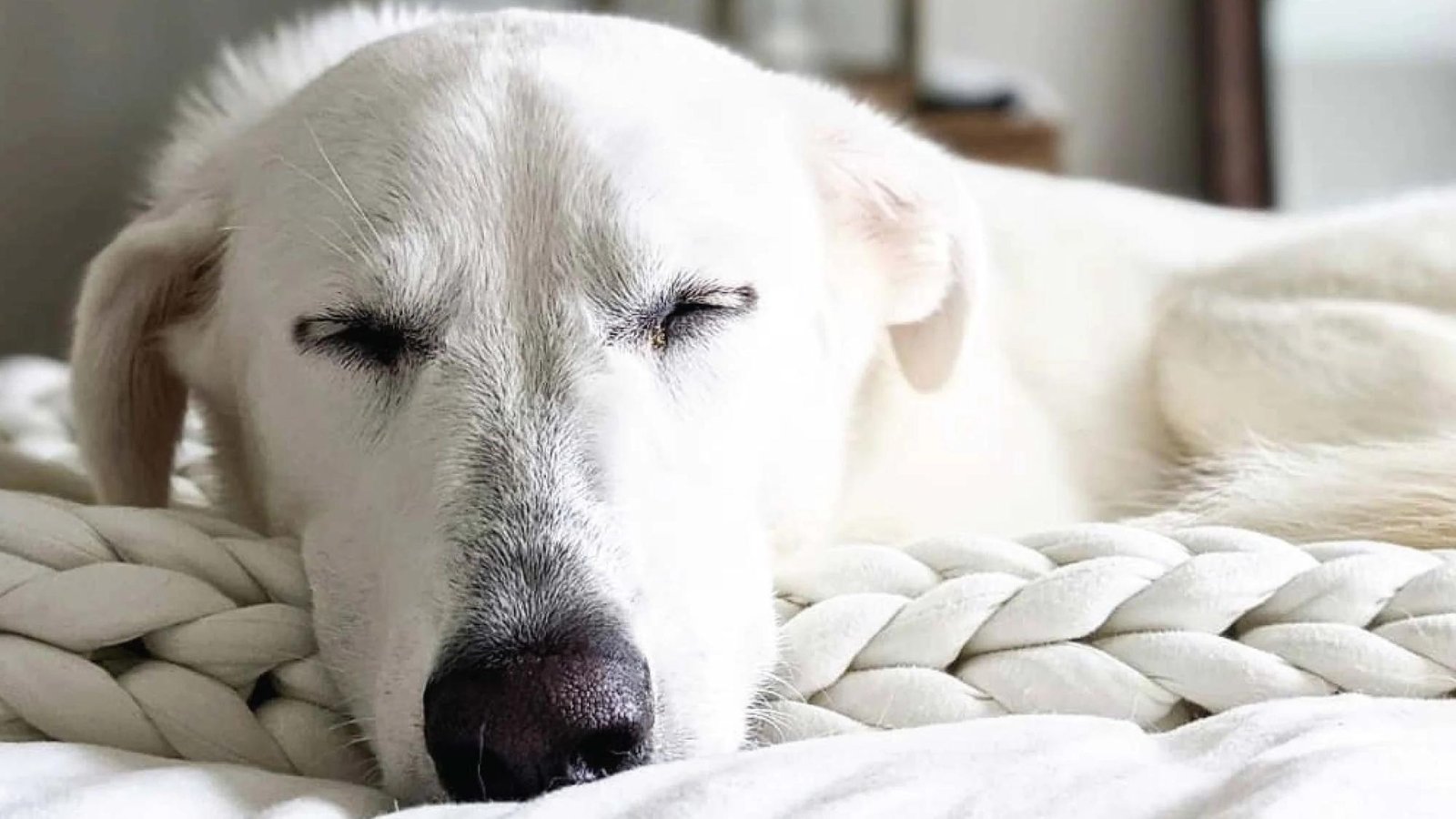
HOW MUCH SLEEP DO DOGS NEED?
The amount of sleep a dog needs can vary depending on their age, breed, and overall health. Adult dogs on average sleep for about 12 to 14 hours a day. New born puppies and older senior dogs may sleep even more, up to 18 to 20 hours a day. It’s important to note that these numbers are just averages, and individual dogs may have slightly different sleep needs. It’s essential to observe your dog’s behavior and ensure they are getting enough sleep to stay healthy and happy.
Signs of Healthy Sleep in Dogs
Dogs need lots of good sleep.
Look for these signs of healthy sleep:
- Relaxed posture: When dogs sleep deeply, their bodies are loose and relaxed. They may lie on their side or curl up comfortably. This means they are resting well.
- Little movement: During deep sleep, dogs barely move. They may twitch a bit, but lots of tossing and turning could mean discomfort or a health issue.
- Regular sleep patterns: Healthy dogs sleep for long periods, then shorter awake times. If their sleep routine suddenly changes, something may be wrong.
- Perky after rest: After a good night’s sleep or nap, dogs should wake up feeling refreshed and energetic. They should be eager to play and engage. If your dog still seems tired after sleeping, take them to the vet. Dogs need plenty of sleep for good health, growth, and happiness.
Make sure your dog has a cozy sleeping spot. This helps them get the quality rest they need to live their best life.
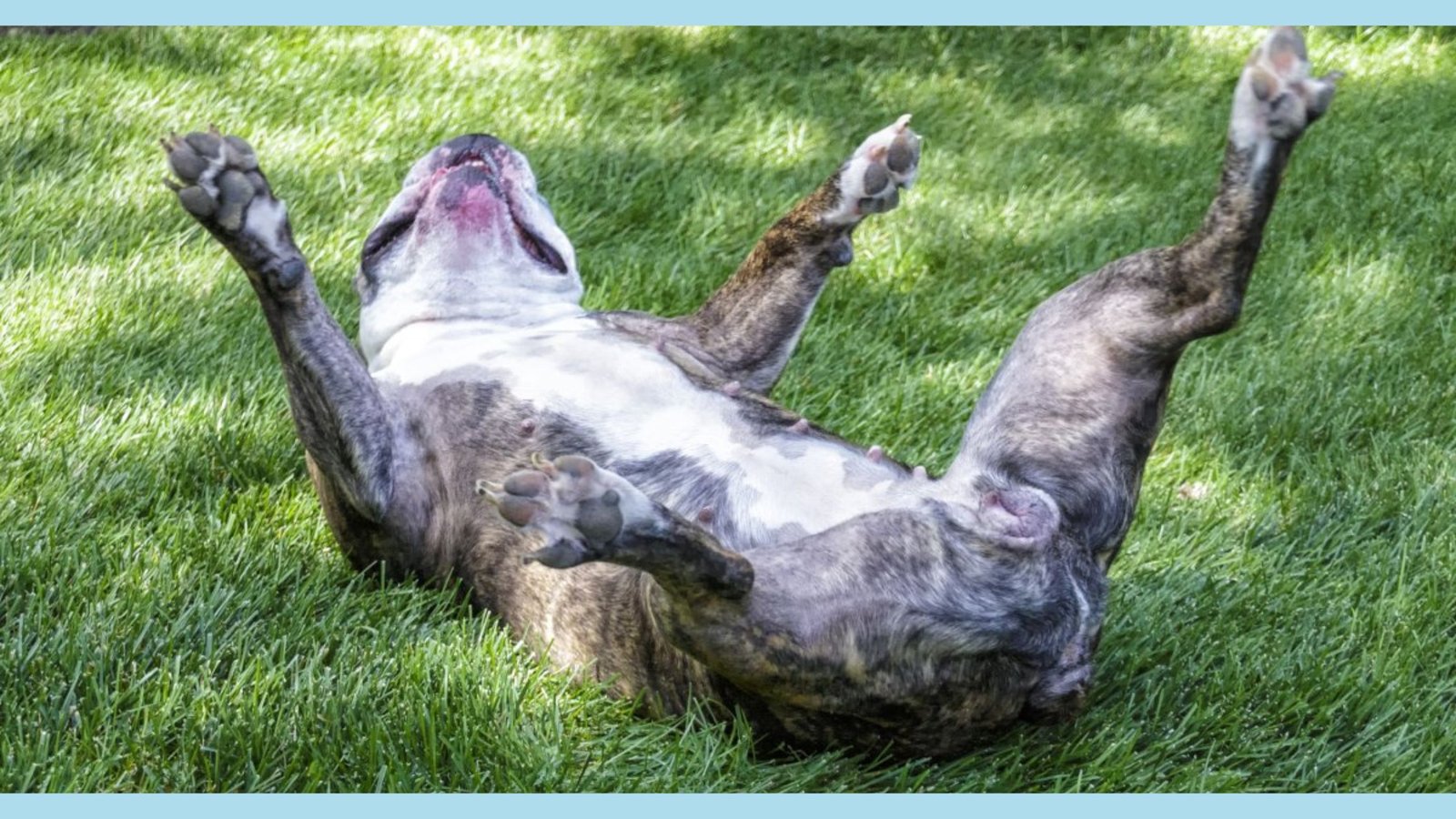
TYPICAL QUESTIONS ABOUT THE DOG SLEEPING HABITS
Dogs love to sleep, just like humans. They need rest to stay healthy and energetic. Let’s explore some common questions about how dogs sleep and interesting facts about their sleeping routines.
How long do dogs sleep each day?
Adult dogs usually sleep for 12 to 14 hours daily. Puppies sleep even more, spending 18 to 20 hours asleep. Puppies need extra sleep for their growing bodies and developing brains.
Why do dogs sleep so much?
Dogs descend from wolves, animals active at dawn and dusk. This habit of resting during the day remains in pet dogs. Dogs also use lots of energy playing and exercising. They sleep to recover from active periods. Additionally, dogs are very energetic and need sleep to regain strength after exciting activities.
What affect a dog’s sleep?
Various factors influence a dog’s sleep quality and duration, like humans.
Consider these points:
Newborn puppies and senior dogs sleep more than adult dogs. Puppies need extra sleep for growth and learning. Older dogs rest more due to age and lower energy levels.
A dog’s overall health plays a big role in how well it sleeps. Dogs with health issues or pain often have trouble getting comfortable and sleep poorly. It’s a good idea to keep an eye on your dog’s sleeping habits. If you notice big changes, talk to your vet.
The place where your dog sleeps also affects how well it rests. Noise, temperature, and lighting can all impact sleep quality. Giving your dog a quiet, cozy place to sleep can help it sleep better.
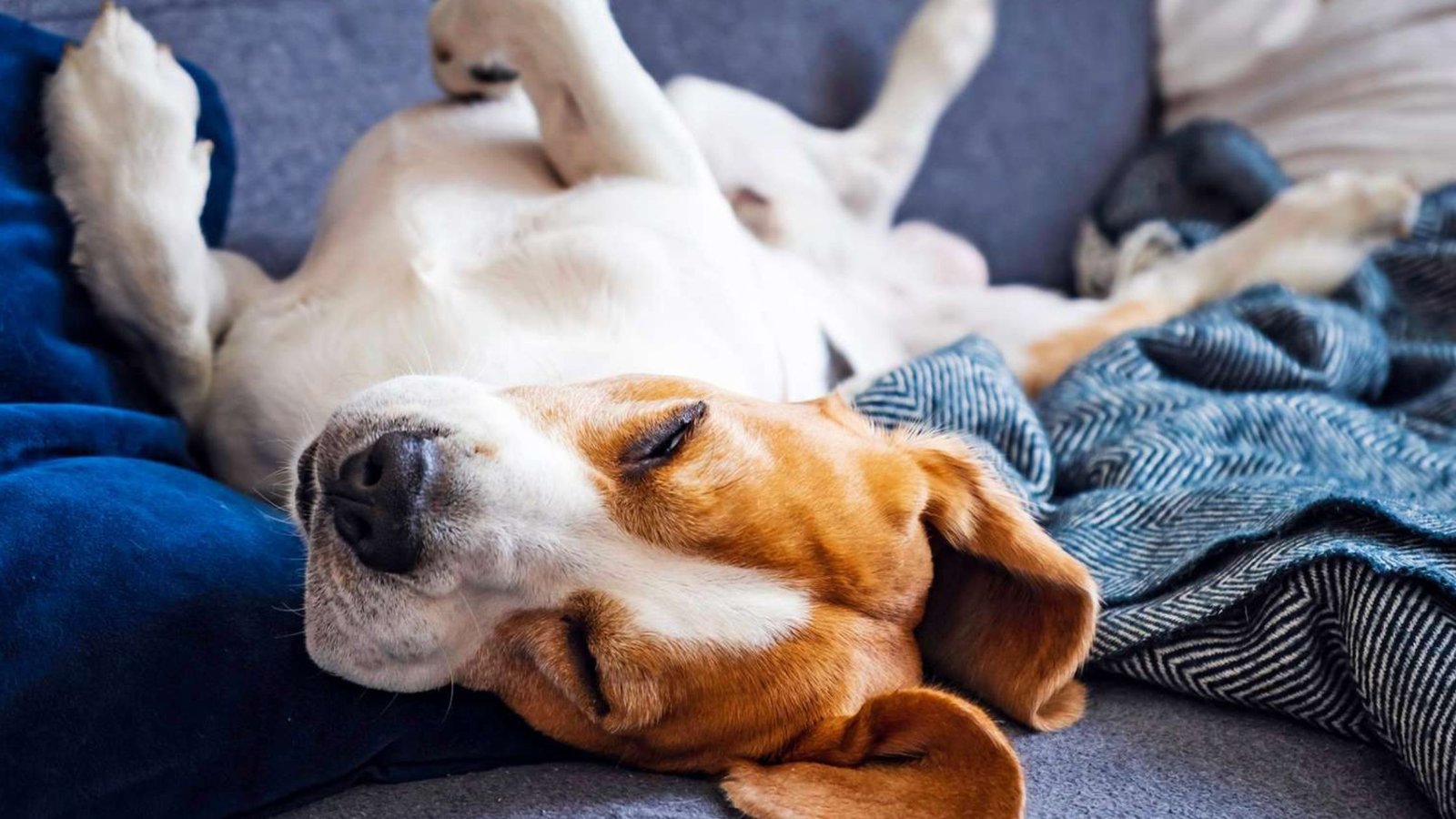
DO DOGS DREAM?
Have you ever seen your dog twitch or move its paws while sleeping? It’s probably dreaming! Studies show dogs dream, just like people. During REM (rapid eye movement) sleep, dogs may move or make noises that match what they’re dreaming about. It’s a neat look into their inner world.
How can I help my dog sleep better?
If you’re worried about your dog’s sleep or want to help it rest better, try these tips:
- Set a routine and make a cozy sleep spot: Having a regular sleep schedule can signal to your dog it’s time to rest. Try to stick to set bedtimes and wake-up times as much as possible. Give your furry friend a comfy bed or spot for sleeping. Think about things like temperature, bedding, and noise levels when setting up its sleeping area.
- Regular exercise and Avoid late-night feeding: Ensuring that your dog gets enough physical exercise during the day can help tire them out and promote better sleep at night. Engage in activities such as walks, playtime, or interactive toys to keep them active and mentally stimulated. Feeding your dog a heavy meal right before bedtime can disrupt their sleep. Try to schedule their meals a few hours before sleep to allow for proper digestion.
- Consult a veterinarian: If you have concerns about your dog’s sleep patterns or suspect an underlying health issue, it’s always best to consult with a veterinarian. He will guide you and help you to address any specific concerns you may have and how to prepare for them.
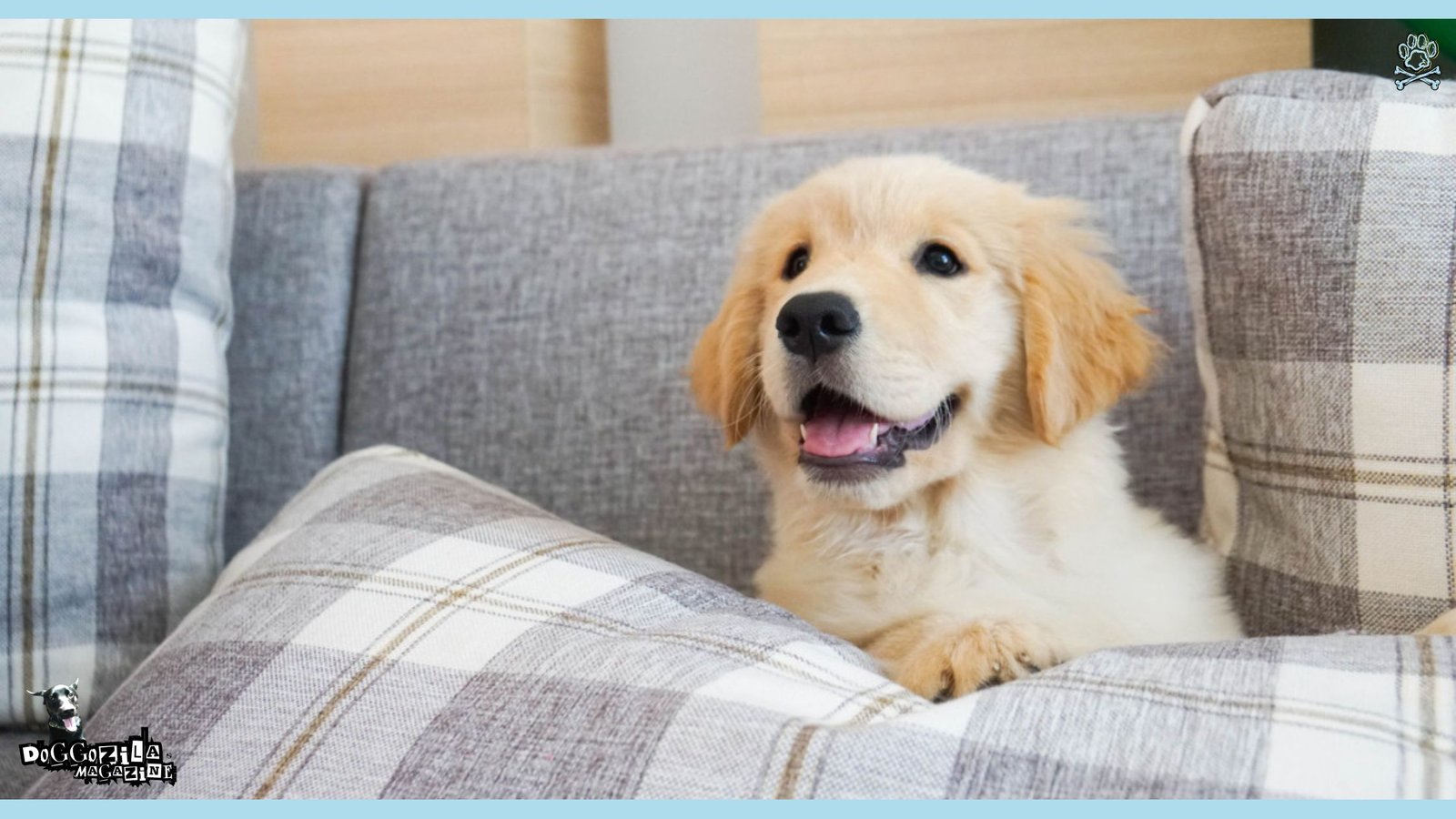
SHOULD DOGS SLEEP IN BEDS WITH HUMANS?
When it comes to the sleeping arrangements of our furry companions, opinions can vary greatly. Some dog owners firmly believe that their four-legged friends should be allowed to sleep in their beds, while others prefer to have a separate sleeping space for their pets. Let’s explore the unpopular opinion of dogs sleeping in beds with humans and delve into the question of whether it is healthy or not for both dogs and their human counterparts.
The Debate: Dogs in Beds
It is no secret that dogs are social animals who thrive on companionship and closeness to their human family members. For many dog owners, the idea of allowing their beloved dog to sleep in their bed is a natural extension of this bond. Sharing a bed with a dog can create a sense of security and comfort for both parties, fostering a deeper emotional connection. However, there are valid concerns raised by those who oppose the idea of dogs sleeping in beds.
One of the main arguments against this practice is the potential disruption of sleep quality. Dogs, especially larger breeds, may take up a significant amount of space, leaving humans with limited room to stretch and move comfortably during the night. Additionally, dogs may have different sleep patterns and behaviors that can disrupt the sleep of their human counterparts, such as snoring, restlessness, or even bed-wetting accidents.
Another concern often raised is the issue of hygiene. Dogs, no matter how well-groomed, can carry dirt, allergens, and even parasites into the bed. This can be particularly problematic for individuals with allergies or compromised immune systems. Regular cleaning of bedding and frequent bathing of the dog can mitigate some of these concerns, but the risk still remains.
Alternative Dog Sleeping Arrangements
For those who prefer to keep their sleeping space dog-free, there are several alternative options to ensure that our furry friends have a comfortable and safe place to rest.
Let’s explore some of these alternatives:
A dog bed specifically designed for your pet’s comfort can be a great alternative to sharing your own bed. Dog beds come in various sizes, shapes, and materials to suit the individual needs of different breeds. Investing in a high-quality dog bed can provide your pet with a designated sleeping space that is both cozy and supportive.
Dogs feel cozy in a crate, much like a den. Crates give pets a safe, comfy place to sleep. Be sure the crate is roomy enough with soft bedding inside. Some pups just want a simple blanket or mat. Easy! This lets them pick their sleep spot. Just make sure the blanket is washable for cleanliness.
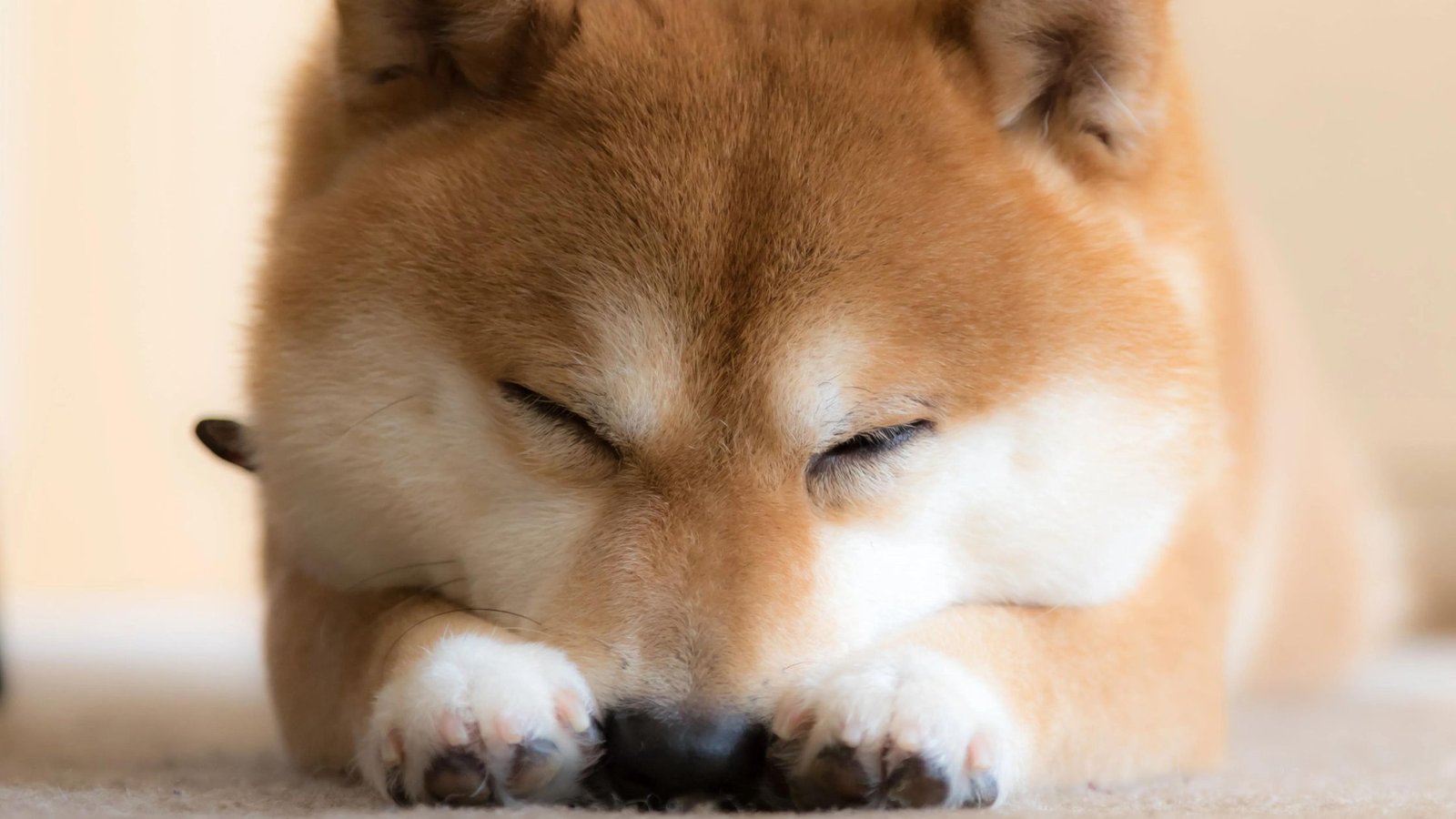
The Dog Health Perspective
Now, is it healthy for dogs to sleep in your bed?
Let’s look closer:
For physical health, there are pros and cons.
Sharing your bed can provide warmth, great for older dogs with joint pain. But dogs may move around differently when sleeping, keeping you up. Consider your needs and your pup’s for a good night’s rest.
Emotionally, dogs in your bed have benefits. Dogs reduce stress and anxiety. Bed-sharing strengthens your bond, giving your furry friend security.
- Hygiene Considerations: From a hygiene perspective, it is essential to maintain cleanliness and take necessary precautions when allowing dogs to sleep in beds. Regular grooming, cleaning of bedding, and ensuring that the dog is free from parasites are crucial steps to mitigate any potential health risks.
- Allergies and Health Conditions: For individuals with allergies or certain health conditions, allowing dogs to sleep in beds may not be advisable. Allergens carried by dogs, such as dander or pollen, can trigger allergic reactions in sensitive individuals. Additionally, individuals with compromised immune systems should consult with their healthcare provider to assess any potential risks.
Brief sum up on why do dogs sleep so much
The debate surrounding dogs sleeping in beds with humans is a complex one, with valid arguments on both sides. Ultimately, the decision of whether to allow your dog to sleep in your bed should be based on your personal preferences, the needs of your dog, and any health considerations. Whether you choose to share your bed or provide an alternative sleeping arrangement, what matters most is the well-being and happiness of both you and your furry companion.
Understanding their sleep patterns, providing a comfortable environment, and addressing any potential issues can help ensure that your furry friend gets the rest they need. By following these tips and being attentive to your dog’s needs, you can help them enjoy a good night’s sleep and wake up refreshed and ready for another day of adventures.
As sleeping is very important for all dogs, we suggest to continue reading on this topic, such as Hartz!









